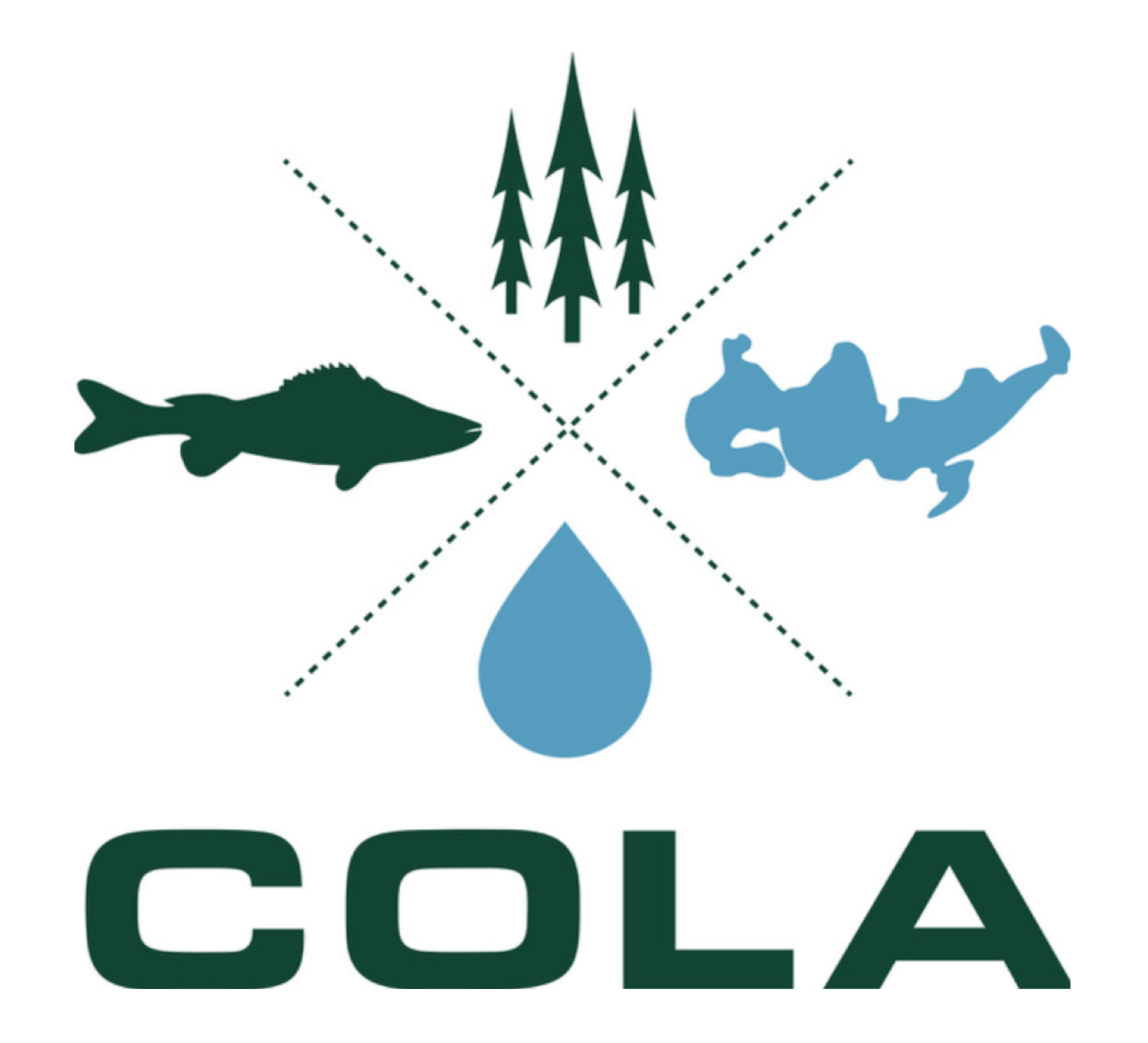WDNR's recommendation for 10 parts per billion (ppb) phosphorus criterion for Lac Courte Oreilles was denied by the Natural Resource Board (NRB) after a tie vote at its hearing on 1/22/20.
Recall that after a three-year legal struggle, the Dane County Court ordered WDNR to create a more protective site-specific criterion (SSC) than the current phosphorus criterion of 15 ppb for LCO. As a result, WDNR did work with COLA, the LCO Tribe, and the U.S. Environmental Protection Agency to craft the 10 ppb recommendation to protect LCO’s two-story, cold-water fishery.
What is the Natural Resources Board?
The Wisconsin Natural Resources Board sets policy for Wisconsin's Department of Natural Resources and exercises authority and responsibility in accordance with governing statutory provisions, including rule-making, e.g., SSCs. It has a seven member board. The Chair of NRB is Dr. Fred C. Prehn, a dentist living in Waseau. From the NRB's website:
"Fred Prehn, along with his wife Linda, own and operate a 158-acre cranberry marsh located in Monroe County ... Fred Prehn is chairman of Cranberry Growers Cooperative which represents 35 growers selling cranberry products in 23 countries ... He also served on the Wisconsin Cranberry Board that funds research, education, and promotion of Wisconsin cranberries."
Why Did the NRB Turn Down WDNR's Recommendation?
There was considerable debate, and you can watch a replay of the recorded meeting at this link (Go to: January 22, 2020 NRB Meeting PART-2; Click on: Watch. Then move the minute cursor to 8:00 for the beginning of the LCO SSC item.)
The attitude at the hearing stiffened a bit when WDNR Water Quality Bureau Director Adrian Stocks pointed out that cranberry discharges amount to 11% of the phosphorus coming into the lake. These discharges actually amount to 41% of the readily-controllable phosphorus (versus that from natural sources such as creeks, the atmosphere, neighboring forest lands.)
There were several defenders of the WDNR's recommendation. Perhaps the strongest was Bill Smith who noted the strong support, not just from LCO property owners but also from the Hayward community at large, including the Hayward Chamber of Commerce. He pointed out that the local community depends on LCO's water quality and that there was no cost to WDNR or anyone else for selecting an appropriate phosphorus criterion for LCO.
On the other side, there was a sense that several on the NRB board felt that LCO landowners were merely lazy complainers who didn't realize the damage they were doing to their own lake by whining about water quality. Greg Kazmierski said that if he were planning a fishing trip and heard about LCO's water quality problems, he'd go elsewhere. "LCO is a beautiful lake just the way it is right now." Not only did he advise us to keep our mouths shut, he went on to say that it's up to us to get the lake to 10 ppm.
Then Prehn piled on. In his words (starting at about ~38:52 - Note: Prehn refers to Lac Courte Oreilles as "Couer d'Alene" throughout the hearing):
".. if you want to fix the phosphorus in Couer d'Alene, don’t let the state .. don’t put a number on it, start fixing it, landowners. Take care of your septics, take care of the the fertilization you do on the lake, ag can be part of the process - time your use of when you put down phosphorus as a cranberry farm.
It is something they can fix, if they want to. You can put 10 on this thing, its not going to change a damn thing until they want to decide as a lake association to get up, get around the lake. They can’t mandatory it. But if they really want to change that lake they can change it. Nobody from the state's gonna come down and change the lake any time soon."
What are the Next Steps?
This is a real setback. COLA and the LCO Tribe have made such gains over the years. We've already done everything Prehn said we should do. We "got up" decades ago, we've "got around the lake" many thousands of times, we've taken care of septic systems, we've addressed the home owner fertilizer problem, made some progress in restoring shoreline buffers and so much more from identifying erosion-prone ag & timber lands in the watershed to controlling aquatic invasive species, resisting zoning changes from forestry to more residential development, restoring musky spawning habitat ...
If anyone doubts that COLA has gone the extra distance time and time again to protect LCO, just take a look at the timeline of significant events in COLA's history over the last 50+ years.
COLA will take some more steps, other than those that Prehn recommends, that seem to be more in line with what LCO actually needs at this time. These are being worked on with great urgency. More on this later.
Rest assured, COLA won't give up.
